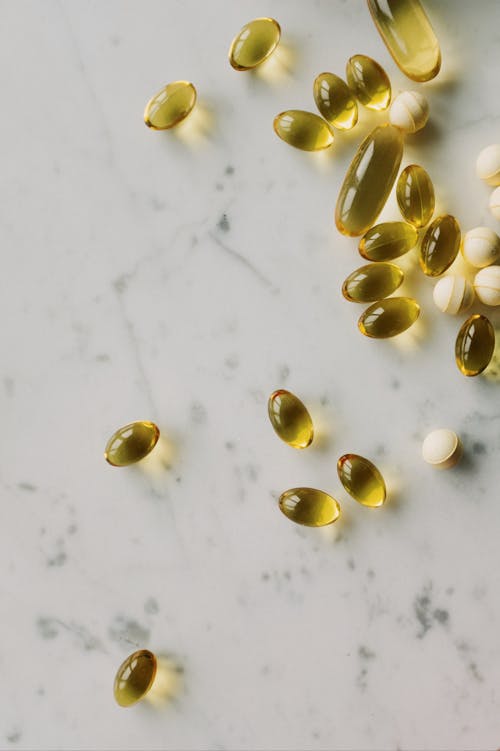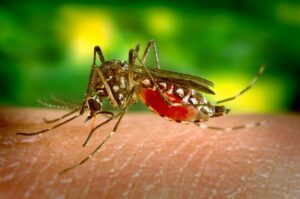How can You Boost Your Immunity during Coronavirus Pandemic?

Neucrad Health News Desk March 27, 2020
Coronavirus pandemic has already spread across 198 countries and infected more than 5 lakh people worldwide. In most of these places, the epidemic is either in Stage-II or Stage-III. In such a scenario, it is challenging to stop the spread of the virus. So, we should put more efforts in limiting the outbreak by maintaining social distance and boosting our immunity. We need to ensure that minimum patients require medical intervention and ventilation support. Have a look at various measures for boosting immunity during coronavirus outbreak. Coronavirus hits very bad with immuno compromised people having a weakened immune system.
What happens to the Immune System during a Coronavirus Infection?
When Coronavirus or SARS-CoV-2 enters our body, it leads to a robust immune response across various types of cells. From day 7 to 9 of the onset of symptoms, an increase in immunoglobulin G and immunoglobulin M is reported in the patient’s blood sample. There is also a considerable increase in specialized helper T cells, killer T cells, and B cells to fight with the pathogen. The patient uses all these weapons to negotiate with the replication of the virus, and this increase in immunoglobulins is noticed till day 20 of the infection. Finally, the immune system of the patient takes control of the situation and the infected person show signs of recovery from 12th day onwards [1].
Tips for boosting the Immune System for fighting COVID-19 infection
Detailed below are some practices which can improve your immune system to negotiate with the virus.
Low-Carbohydrate Protein-Rich Diet
One of the best ways of staying healthy during an epidemic is by tweaking your food habits. Decrease carbohydrate and fat contents in your meals, and increase the protein part. If you are unable to source animal-based proteins like eggs, fishes and meats, then you can include plant proteins like lentils, green peas, beans, soybeans, and tofu in your diet.

Vitamin A is essential for strong immunity. Consumption of sweet potatoes, spinaches, broccoli, squashes and carrots help in this condition as the beta carotene present in these products gets converted to vitamin A. Vitamin C also helps in improving the level of antibodies and lymphocytes. Include oranges, strawberries, grapes, cabbages, cauliflowers and broccolis for a steady supply of vitamin C.


Supplements
If your body is unable to source vitamins and minerals from food, then doctors may prescribe supplements to overcome the deficiency. Vitamin C, vitamin D and zinc are crucial to enhance your immunity in the fight against Coronavirus. The National Academy of Medicine has set the upper limit of vitamin C at 2,000 milligrams per day. You can take 250 to 1000 milligram of this vitamin as an added protection against respiratory tract infections and common colds.

Vitamin D is a fat-soluble nutrient which helps your body in the combat against pathogens and also decreases inflammations. Deficiency of this vitamin often remains associated with an enhanced tendency of upper respiratory tract illness like influenza. Doctors recommend around 1,000 and 4,000 IU (International Units) of vitamin D to boost the immunity. Zinc supplements may also help in safeguarding your body against COVID-19. Recent study showed Vitamin B12 may slow down virus replication and may reduce the severity.
Regular Exercise
Regular exercise keeps your body and mind healthy to ward off any diseases. You do not require any strenuous workouts to maintain fitness. On the contrary, light or moderate exercises like walking, jogging, cycling, and skipping for half an hour helps in boosting immunity. It is better to carry out these exercises in an open area like your terrace than the gym. In this way, you can also gather your regular dose of vitamin D from the sunlight. Along with exercises, yoga and meditation also help in managing stresses.

Sleep
Regular seven to eight hours of sleep prevents you from getting sick. It helps in producing a sufficient quantity of cytokines, which helps in countering infections and inflammations. The National Sleep Foundation advocates everyone to spend adequate time in napping to boost immunity. You may also consider a short afternoon nap to remain fit and active. It was evident that Chronic sleep loss makes the flu vaccine less effective by reducing your body’s ability to respond.

These were some of the ways of improving your immunity to fight against COVID-19. You may follow these tips and practice all precautionary measures including social distancing to prevent the infection.
Reference:
2. Vitamin D and Immune Function








